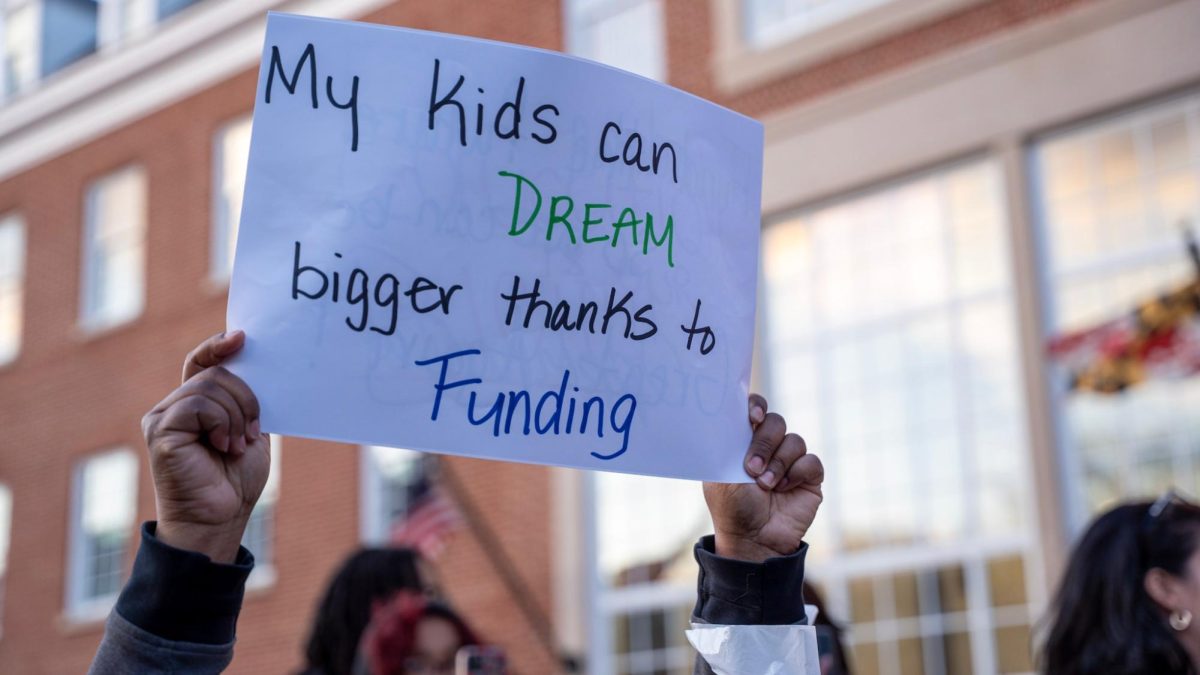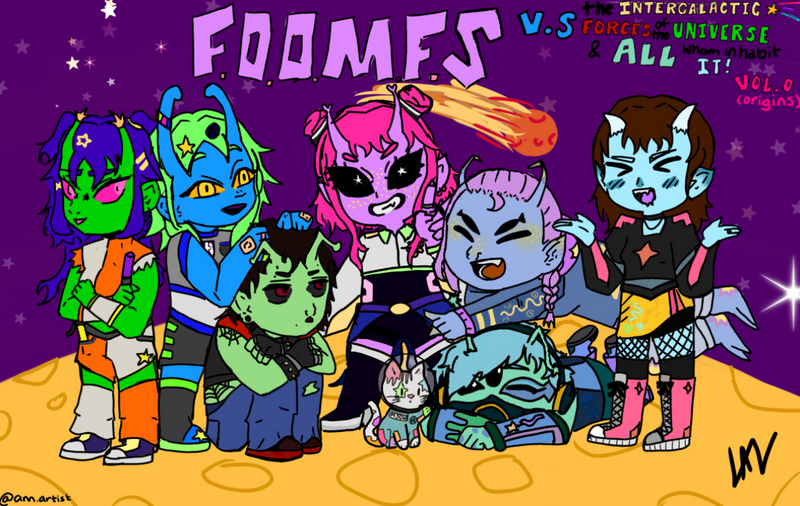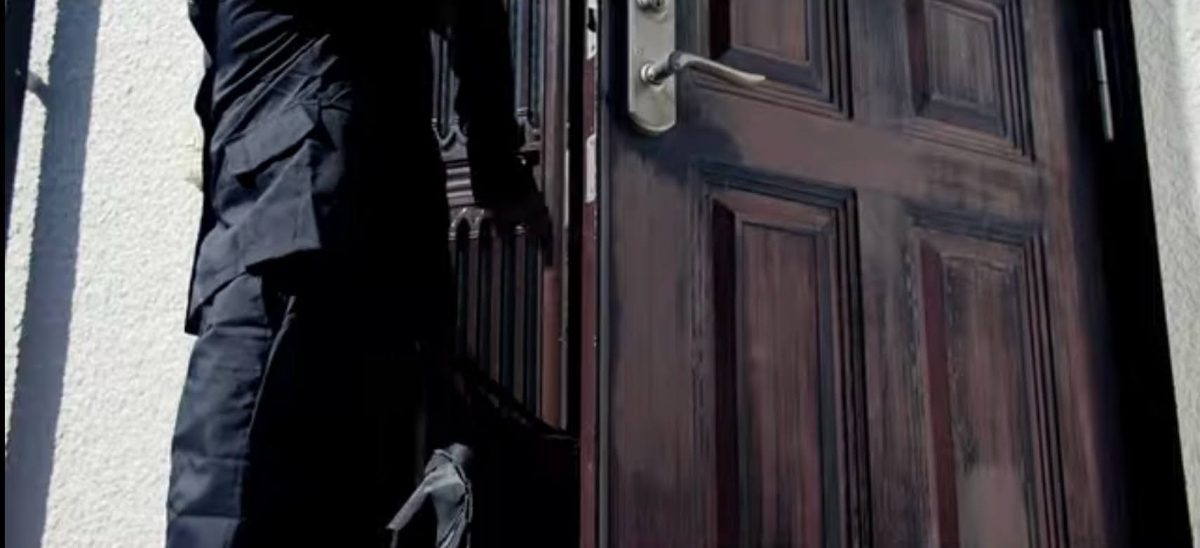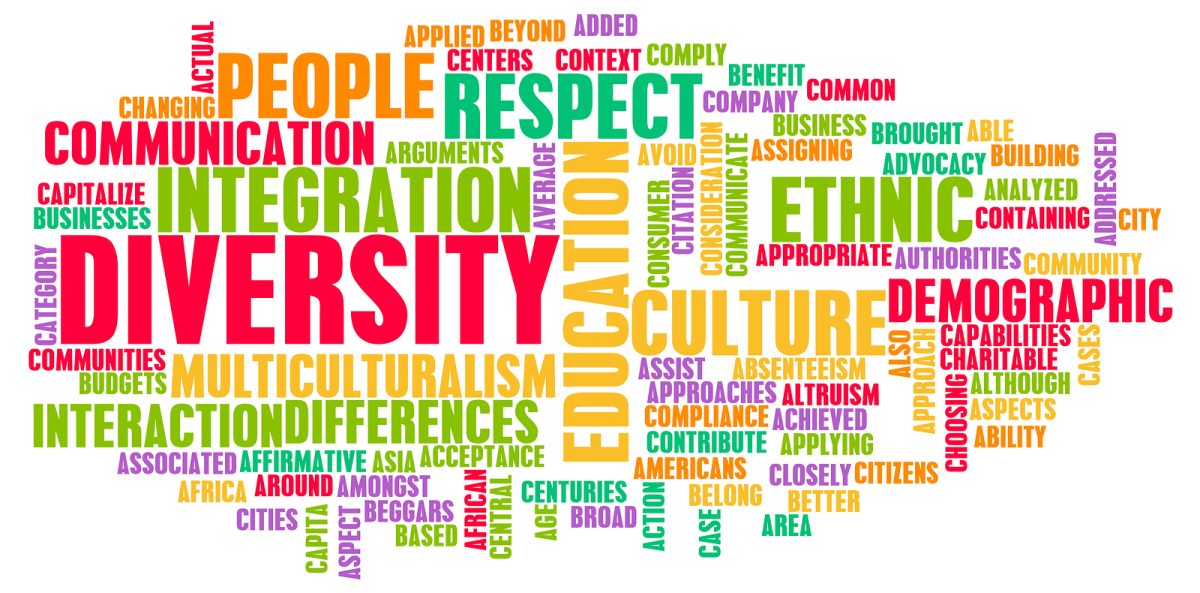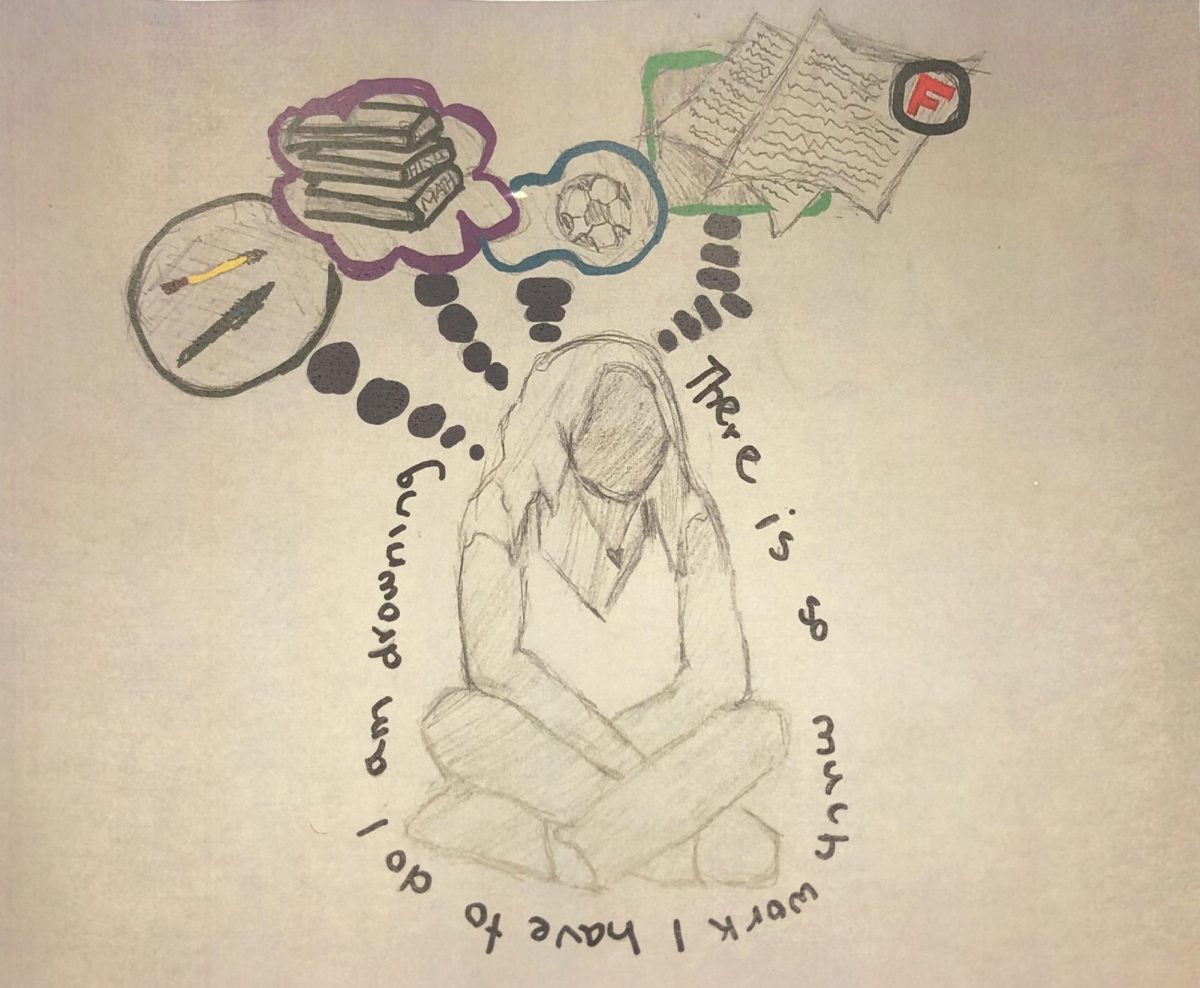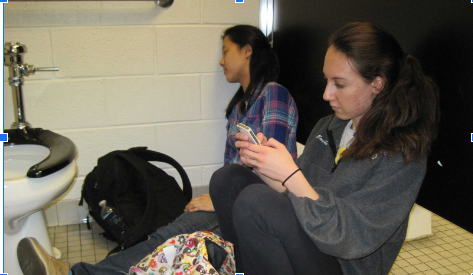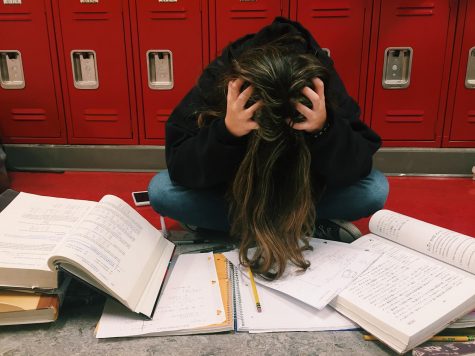Mental health in schools is a major issue that needs to be taken seriously but isn’t. In all schools students are dealing with their mental health in different ways. Most students use coping mechanisms to help avoid them, but it’s important to deal with it the right way, value your feelings and try and help find a solution. Mental health is real, especially for kids in school ranging from all ages, so it’s important to recognize it.
When do you feel your mental health is at its lowest?
“When I don’t get the results I expected for school work and tests. Well, school gives me anxiety because there’s this pressure to get the answers right and get really good grades. It can make me depressed at times because I compare myself to other people,” Makayla says. How many other students are feeling this way? Not a lot of people realize how stressful school can be and how much energy it takes up. Andie Wagstaff, a sophomore at Tuscarora High School, says, “When I’m stressed or overwhelmed, I find it hard to complete assignment and find motivation to do stuff.”
Students’ mental health is one of the most important things for them to thrive in school. It includes emotional, psychological and social well-being, and also goes into how people feel, how they act and how they can relate to others as well.
The Maryland State Department Of Education says that, “Mentally health students are more likely to go to school ready to learn, actively engage in school activities, having supportive and caring connections with adults and young people, use appropriate problem-solving skills, have less aggressive behaviors, [and] add to positive school culture.”
We need to take mental health in school seriously, both as individuals, as a team and as a school system.
